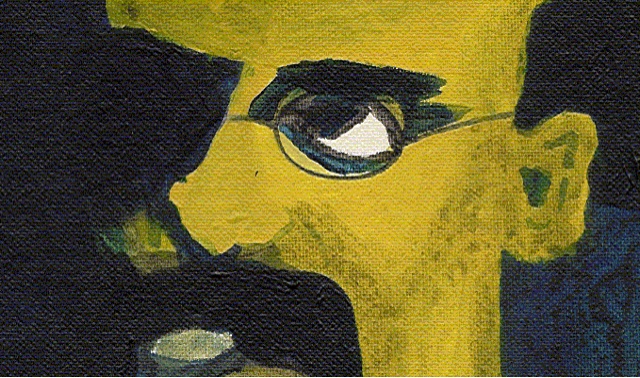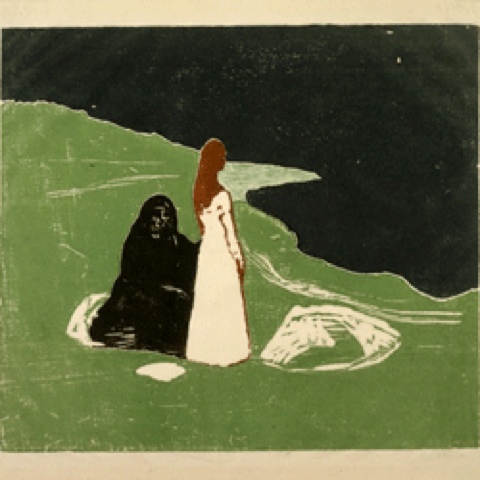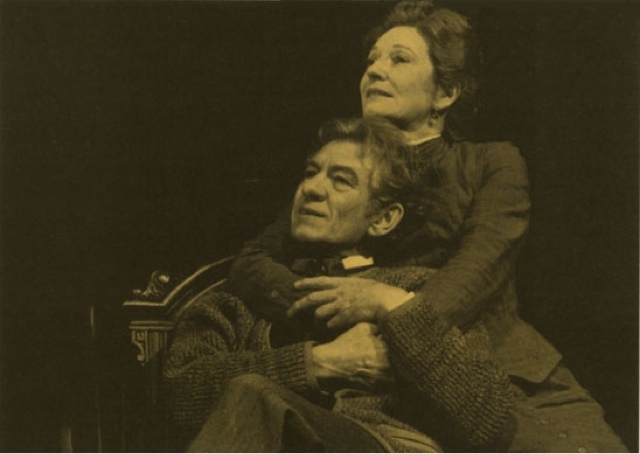This evening's Scene Study class was really useful in getting my mind going. We were discussing Ibsen's An Enemy of the People, and positioning it in the cannon of tragedy, specifically in comparison to The Oresteia as an example of Greek Tragedy and Hamlet as an example of Renaissance Tragedy. Ibsen's play is situated at another time of change, written in 1882, and seems to be re-emerging the idea of tragedy in this new world where the rational, thinking individual is at centre, and science (proof) is emerging as the new god.
I couldn't help but find the parallels between Stockman and Nietzsche's ubermensch in Thus Spake Zarathustra. He comes from the north (on high...a hill) down to the city as an outsider, with a mask to tell the people of the scientific truth of the poison...then once he has their trust, removes the mask to try to help them get beyond good and evil....and is ostracized because they are scared of this. The parallels are fascinating. I consulted with Aiofe (tutor) on thinkers who may have explored this and she pointed me to one....i may have just stumbled upon my "tragedy" essay topic.
image: Nietzsche portait - Basil Baroda
I couldn't help but find the parallels between Stockman and Nietzsche's ubermensch in Thus Spake Zarathustra. He comes from the north (on high...a hill) down to the city as an outsider, with a mask to tell the people of the scientific truth of the poison...then once he has their trust, removes the mask to try to help them get beyond good and evil....and is ostracized because they are scared of this. The parallels are fascinating. I consulted with Aiofe (tutor) on thinkers who may have explored this and she pointed me to one....i may have just stumbled upon my "tragedy" essay topic.
image: Nietzsche portait - Basil Baroda


